Christian Esch, Alexander Sarovic und Emre Caylak

It's a gray Sunday afternoon when Colonel Roman Kostenko climbs out of the car on the main square of Kherson. A crying woman silently embraces him. A child is shoved into his arms. People take one selfie after the other. Liberators in uniform, liberated people in civilian clothes, it is both kitsch and authentic at the same time. Two days earlier, Russian troops had left the port city at the mouth of the Dnieper River, and the first Ukrainian troops marched in. It is the greatest victory since the defense of Kyiv shortly after the beginning of the war on February 24. "It's like a village wedding," member of parliament and military man Kostenko says of the general atmosphere. "It's worth putting your life on the line for something like this," he says.
The expulsion of the Russian troops put an end to a sinister experiment: the attempt to turn a major Ukrainian city into a Russian one in the shortest time possible, against the will of the vast majority of its inhabitants, with the use of both terror and enticements. But the past several months have left wounds that the city must now live with. Kherson is an empty, dark, cold and traumatized place that is lacking the most basic necessities and where, despite all the visible euphoria, deep rifts run between the residents.




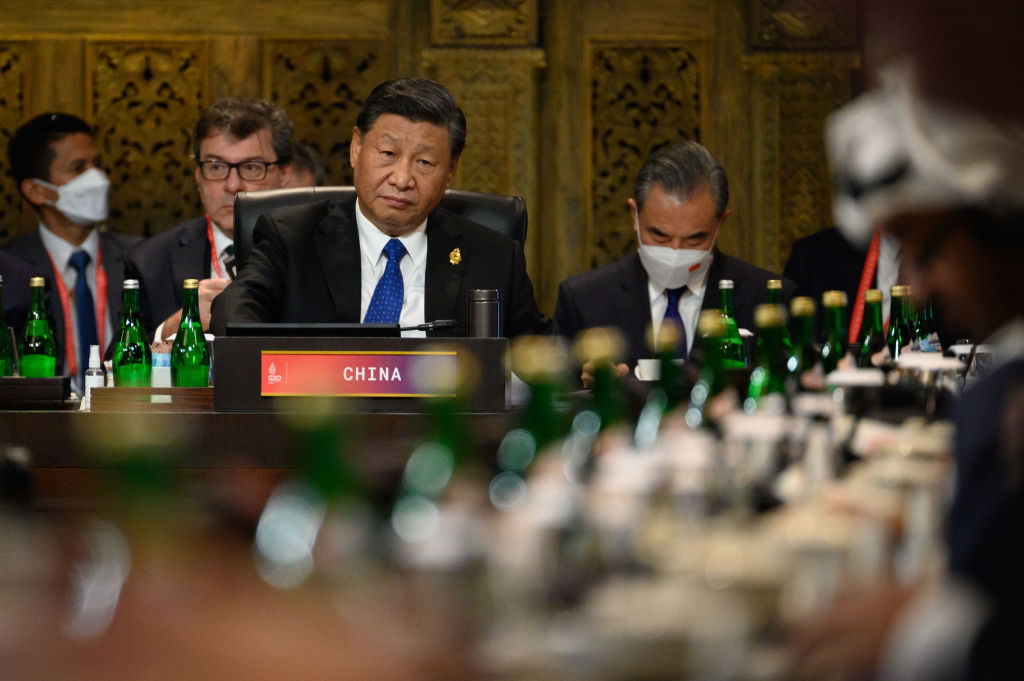
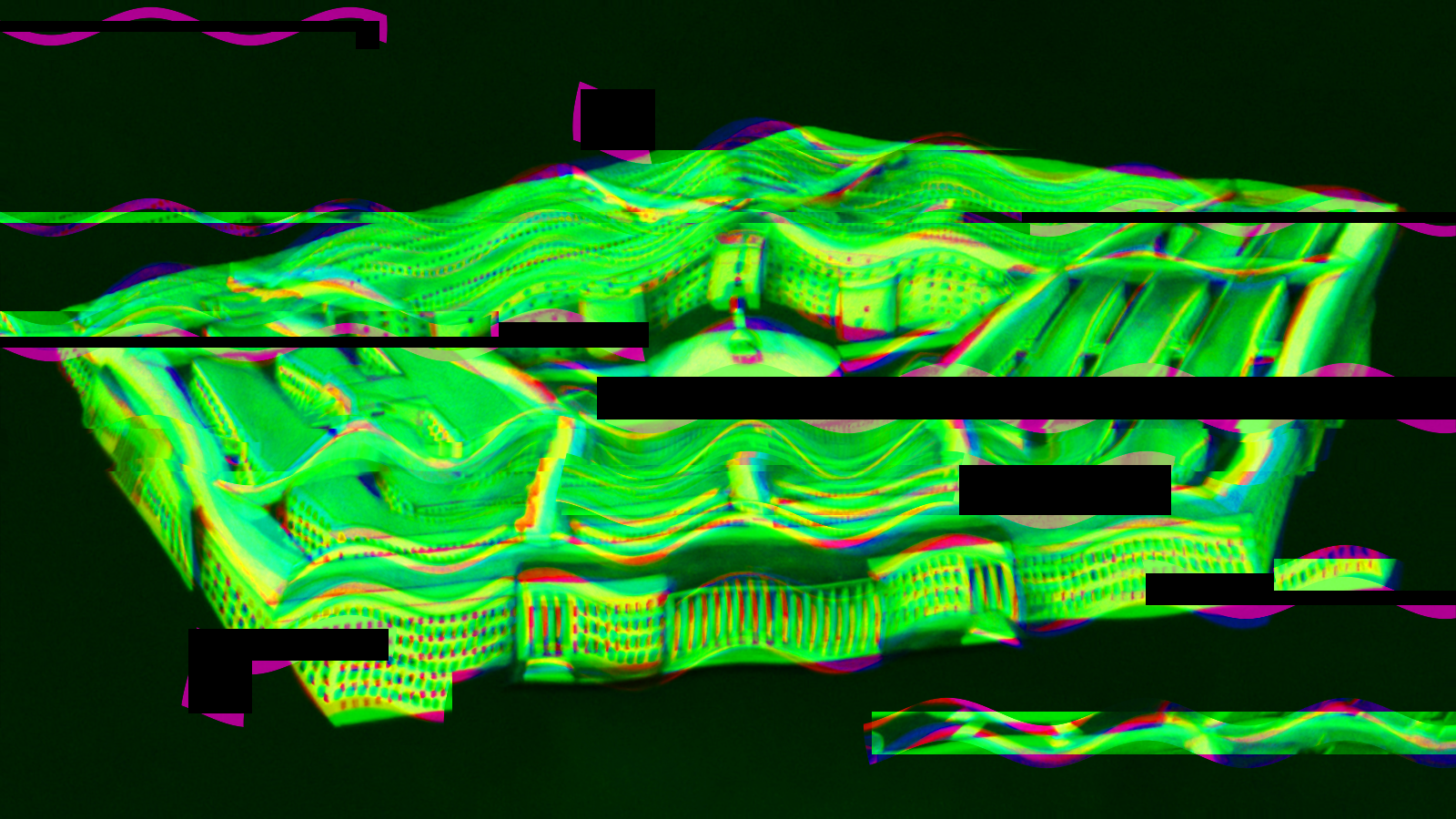
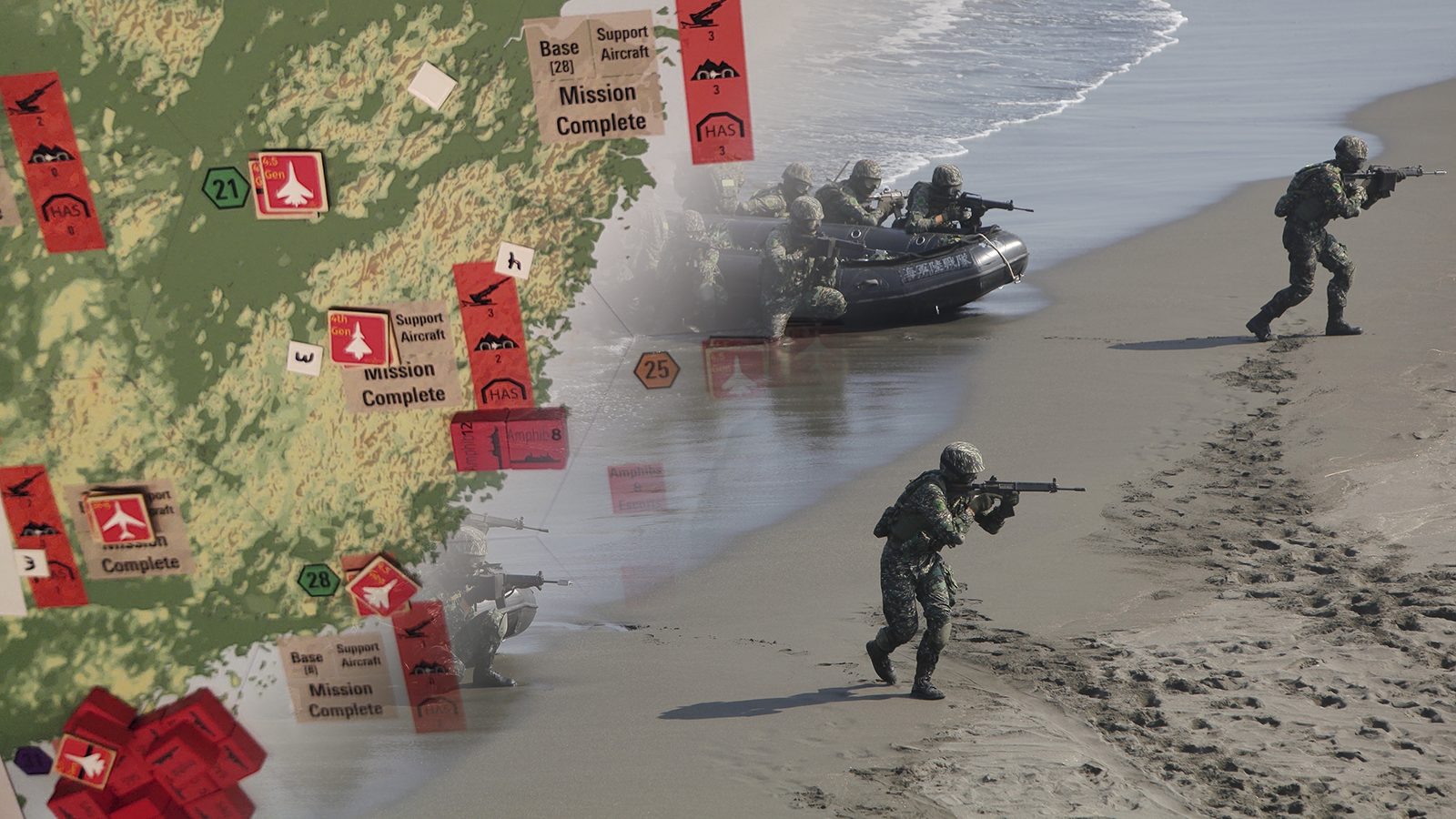
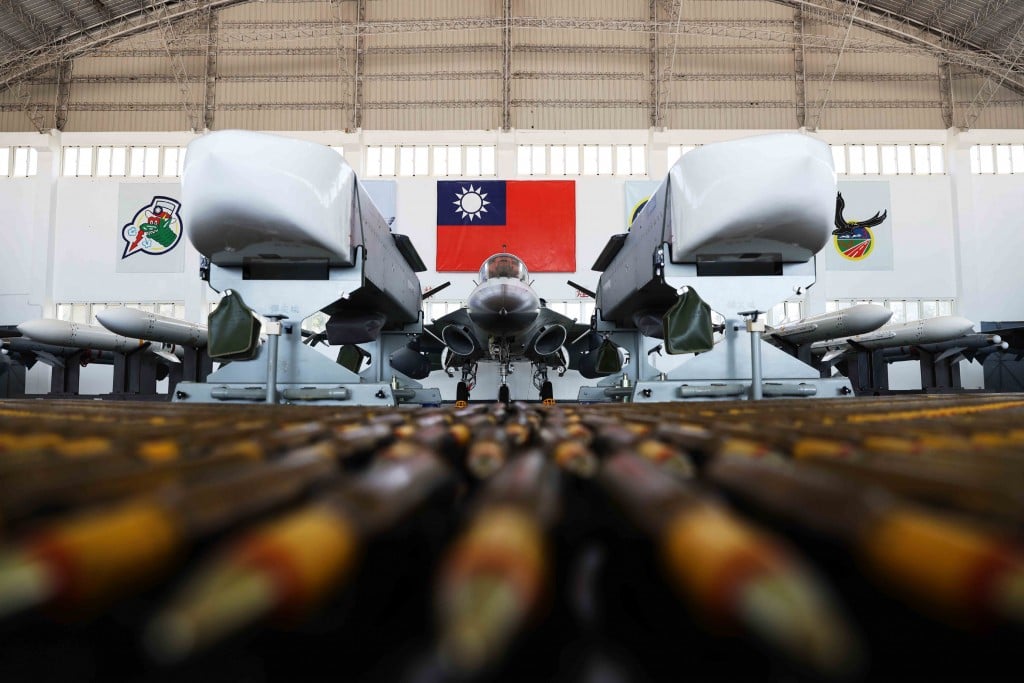
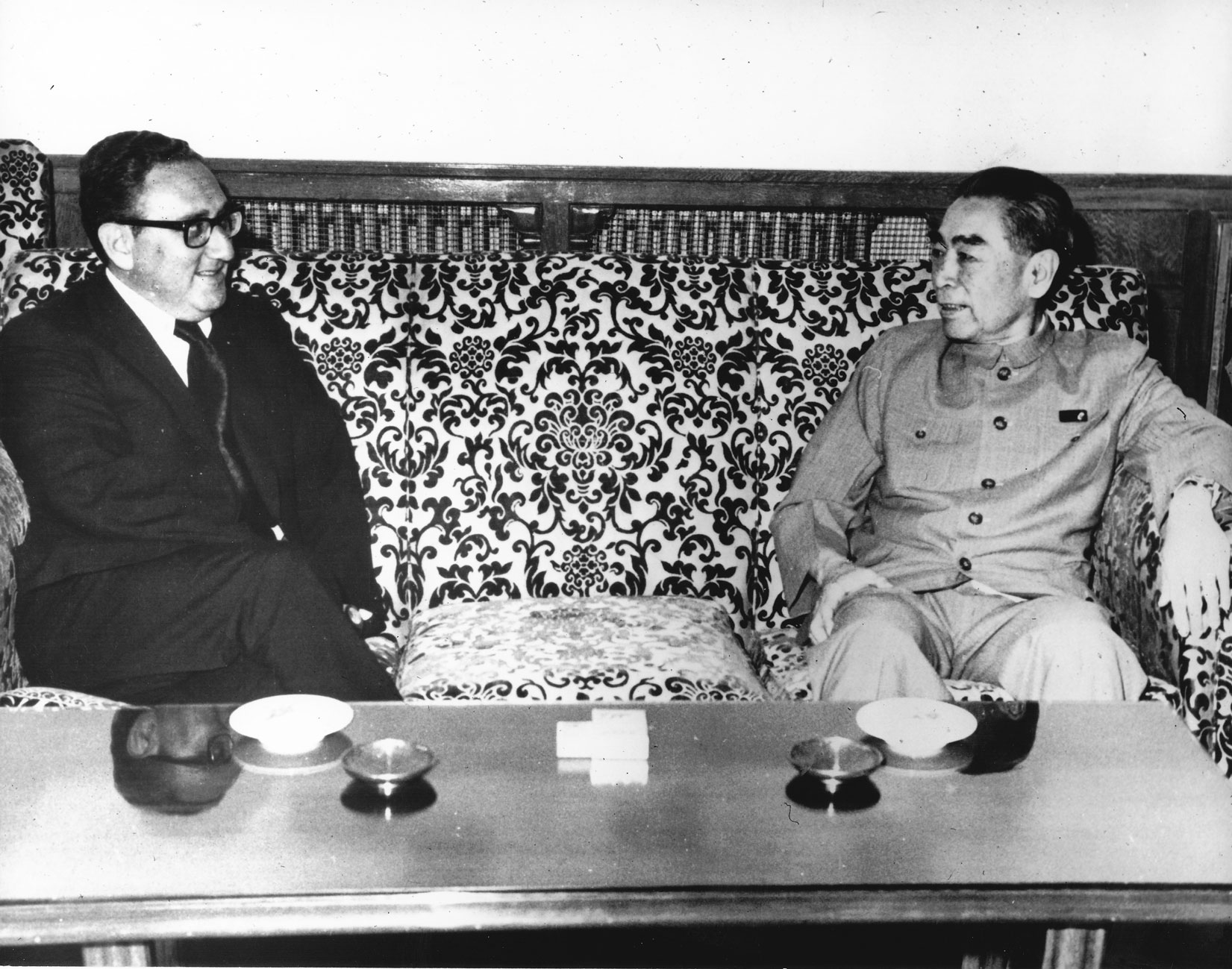
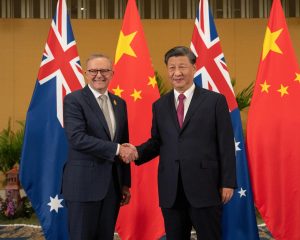
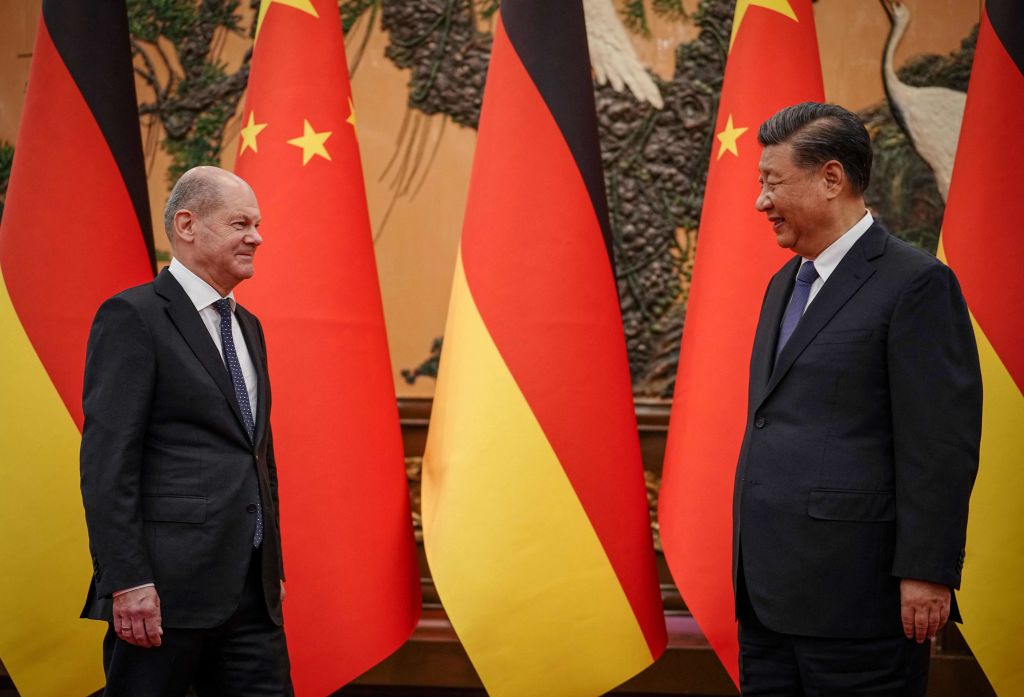
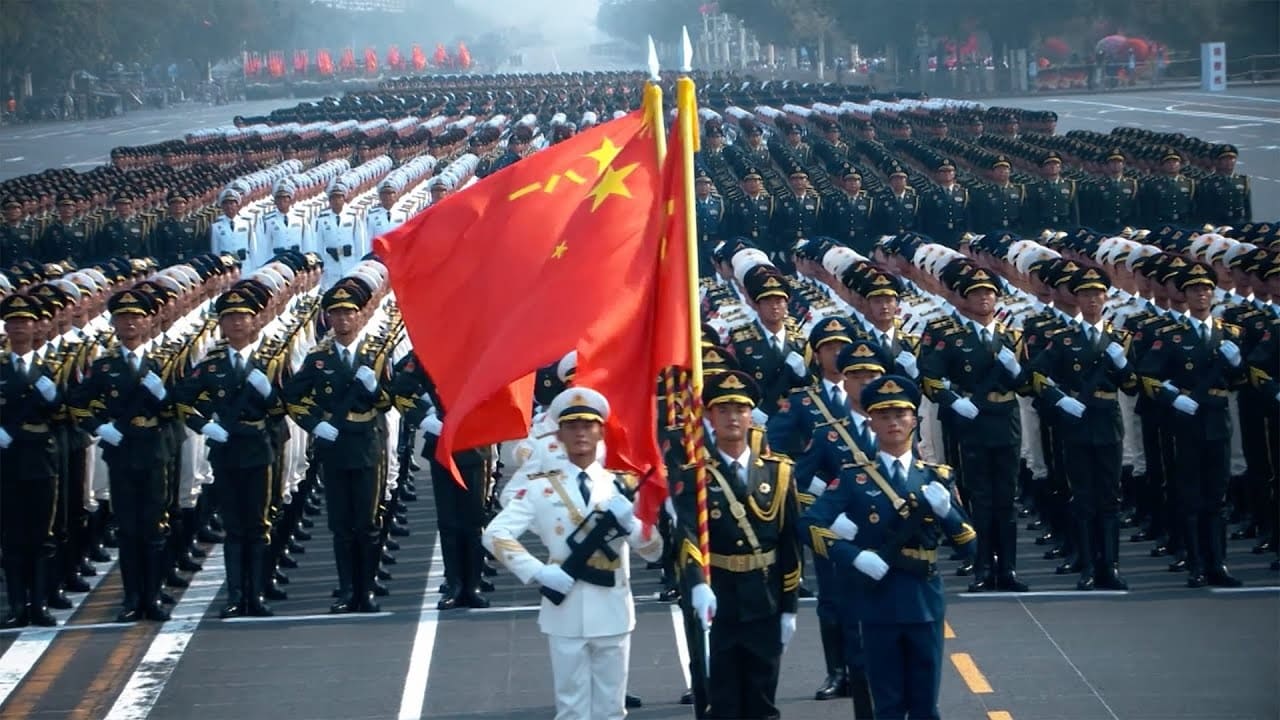


:quality(70)/cloudfront-eu-central-1.images.arcpublishing.com/thenational/FGLCW6HBHEFBDW3GYRYCFHWPOQ.jpg)
